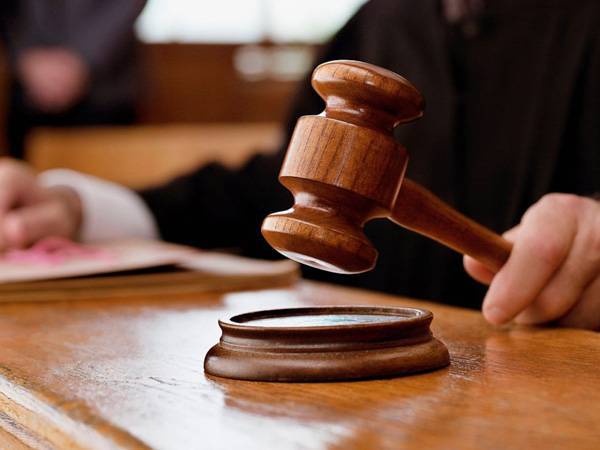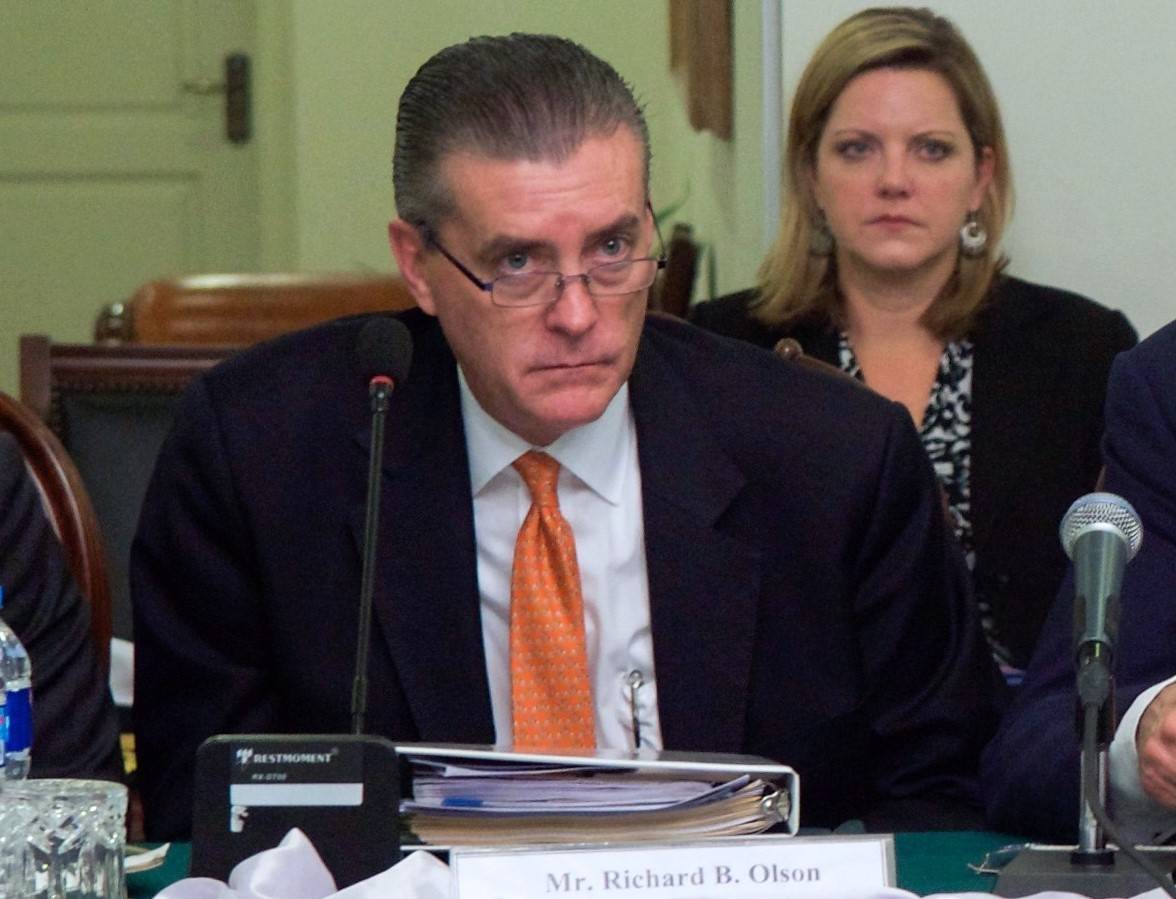A career diplomat, Olson was the US Ambassador to Pakistan from 2012 to 2015 and the Special Representative for Afghanistan and Pakistan from 2015 to 2016…reports Arul Louis
Richard Olson, a former US ambassador to Islamabad, has admitted before a federal court that he is guilty of not properly disclosing a travel gift he had received from a Pakistani-American businessman and of lobbying illegally.
In a document filed with the federal court in Los Angeles on April 7, Olson said “I wish to plead guilty to offences charged” by the Justice Department that he did not disclose the gift received in the form of travel worth about $18,000 as required by law.
He was also charged with lobbying for Qatar in violation of rules against such activities within a year of leaving office.
The Department said in its court filing that Olson had also received a payment of at least $20,000 soon after his retirement from government in 2016 through a company he had set up.
A career diplomat, Olson was the US Ambassador to Pakistan from 2012 to 2015 and the Special Representative for Afghanistan and Pakistan from 2015 to 2016.
In the US legal system, an accused person can plead guilty — admit to the charges — and be automatically convicted.
Usually in exchange for a guilty plea, the prosecutors can reduce the charges or recommend that the judge give a lenient penalty as it will save them the trouble of going through a trial.
The Justice Department said Olson had received air travel to London, lodging there and expenses from the Pakistani-American businessman, whose name was not disclosed in court papers but identified only as a “naturalised US citizen born in Pakistan”, who operated several businesses and lobbied, and was the go-between for another deal.
The Department said Olson aided Qatar to “influence decisions” of US officials, including those in the National Security Council, within a year of retiring as the special representative.
The Department’s court filings threw spotlight on how legal political contributions work in the US.
It said that the Pakistani-American was “retained by foreign governments and individuals” and “received funds from foreign clients, used those funds to make political campaign contributions to US politicians, parlayed those contributions into political influence in the US and lobbied with US officials on behalf of his foreign clients”.
The Department said in court filings that Olson set up a company, Medicine Bear International Consulting, through which at least one payment of $20,000 was routed to him after the Pakistani-American had “agreed to retain” his services for $20,000 per month plus expenses.
The London trip Olson took at the Pakistani-American’s expense was to meet a Bahraini businessperson regarding a one-year contract worth $300,000, according to the Department.

Court papers did not identify the Bahraini businessperson or say if the contract was signed or what it would have entailed.
The Department said that the Pakistani-American’s company received $5.8 million from a Qatar official and it involved lobbying the US government to set up pre-clearance facility at the Doha airport for passengers travelling to the US.
Olson, it said, advised the Pakistani-American and another businessperson on how to “sell” idea to US officials.
Another former US Ambassador, Robin Raphel, had also run into problems with the Justice Department but was ultimately not charged with any wrongdoing.
The Federal Bureau of Investigation had raided her home in 2014 while investigating if she had provided secret information to the Pakistani government.
The State Department had put her on administrative leave and suspended her security clearance while the investigation was taking place.
The Justice Department ultimately informed her that she was not suspected of espionage and closed the investigation in 2016.

Leave a Reply